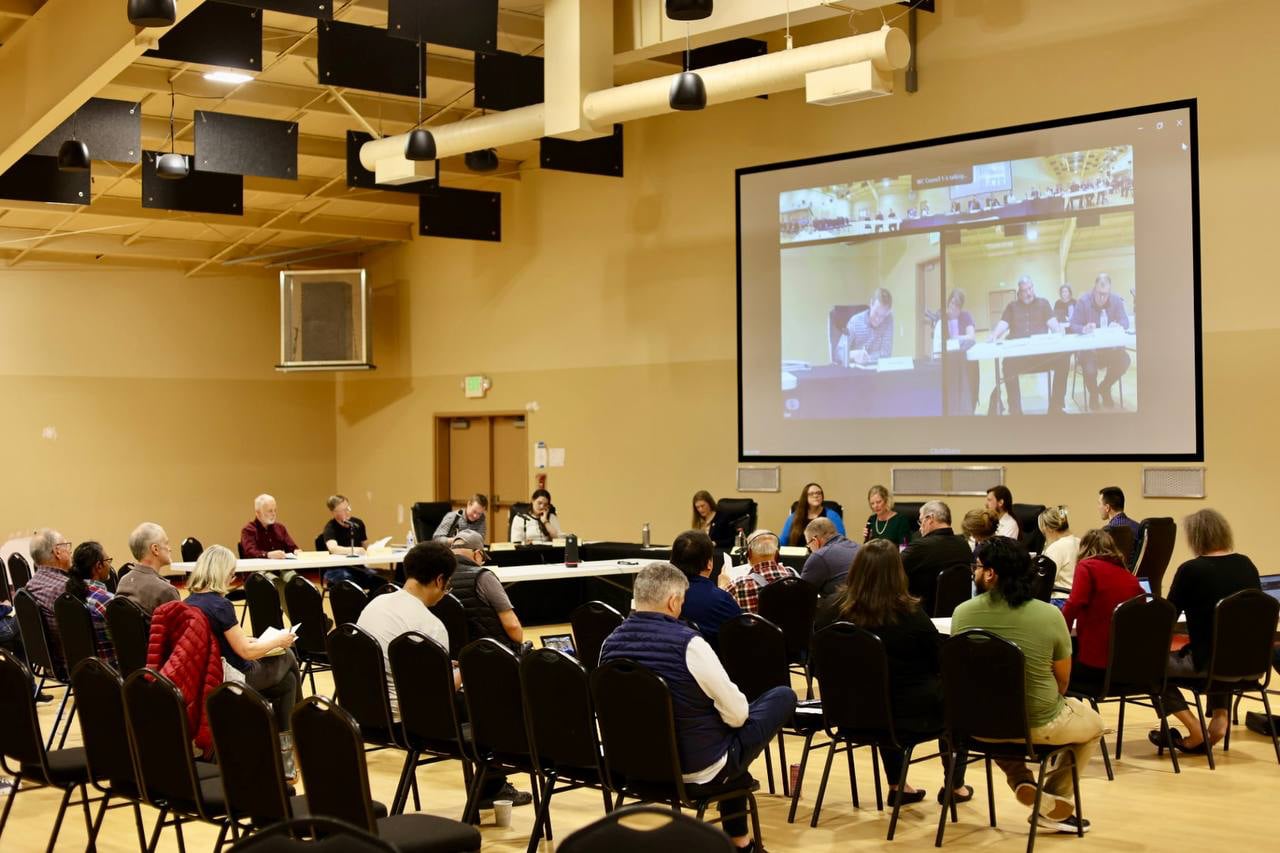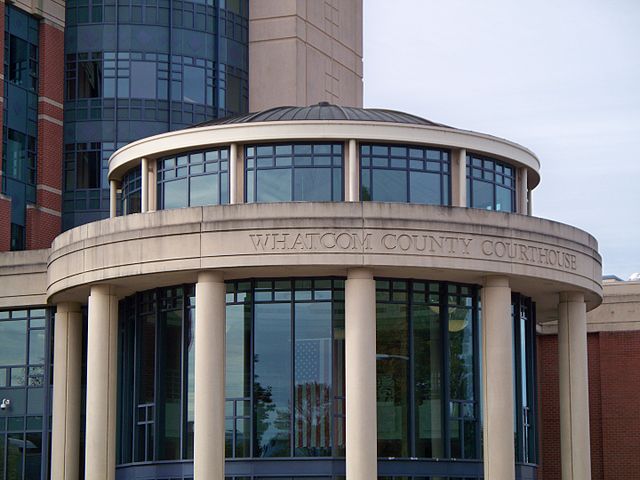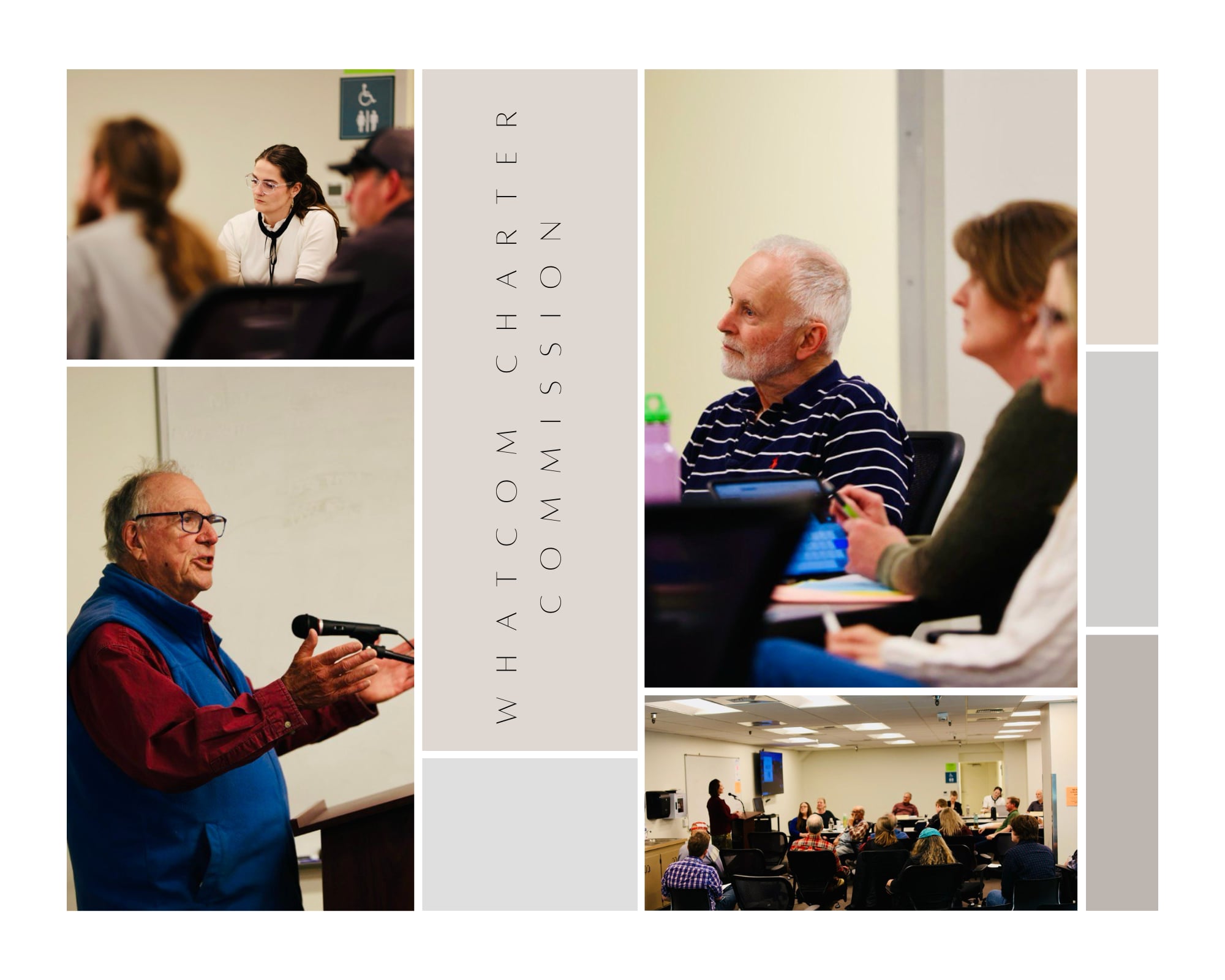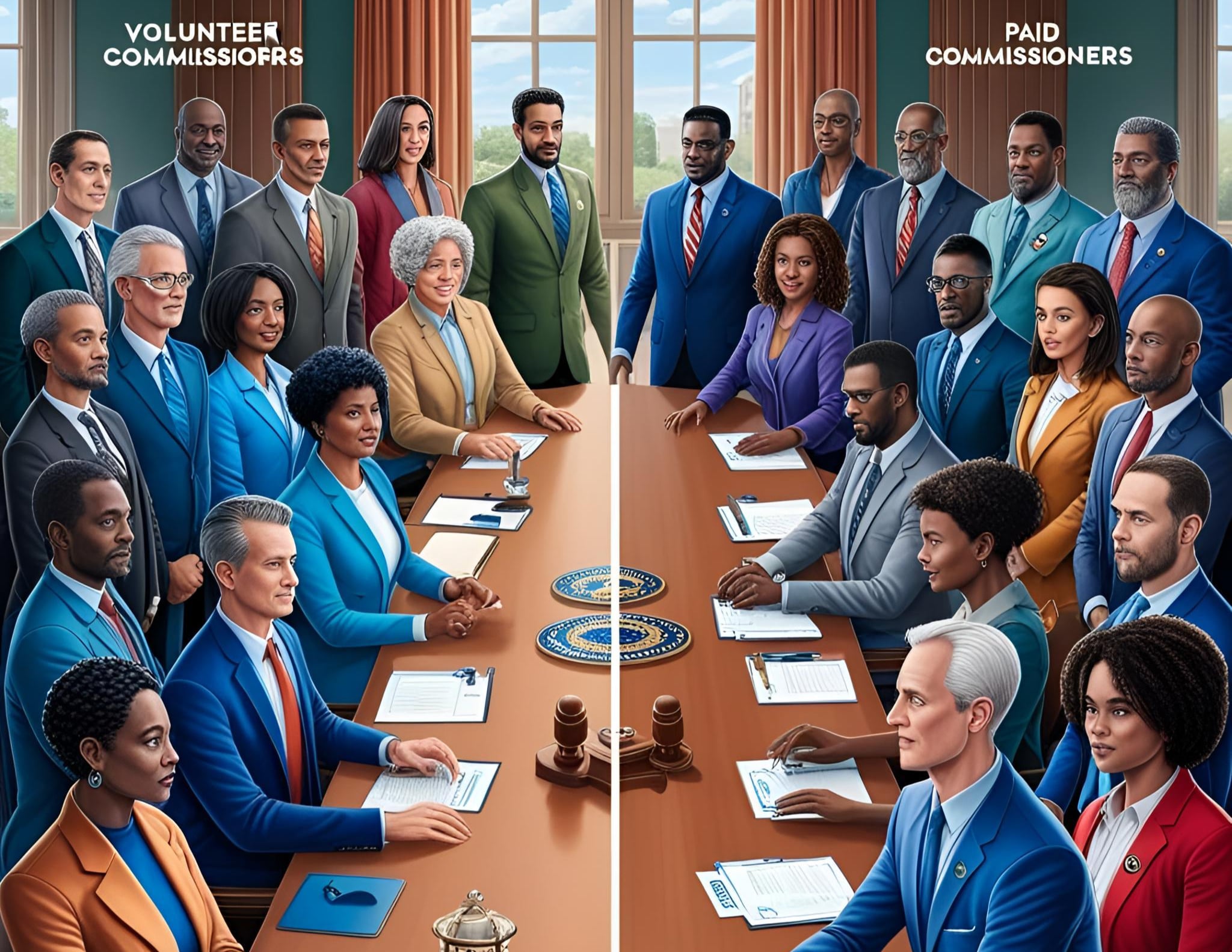By Greg Thames
Have you ever wondered how local government really works? At a recent Whatcom County Charter Review Commission meeting, citizens and commissioners wrestled with tough questions about fairness, transparency, and how to improve local governance for everyone.
Who Gets a Voice?
One of the most debated issues was representation: who truly gets a voice in county government? A community member argued that the current system favors urban Bellingham, leaving rural communities underrepresented. A proposed solution? Eliminate “at-large” council positions, which often align with city interests.
This sparked an important conversation about equity. When some residents feel excluded from decisions that affect their daily lives, trust in government erodes. The proposal aimed to rebalance power and ensure that all areas of the county—urban and rural—are represented fairly.
Town Halls: Genuine Engagement or Political Theater?
Commissioner Maya Morales introduced a proposal requiring each county council member to host at least one town hall per year. The goal: foster direct dialogue between elected officials and their constituents.
But Commissioner Andrew Reding raised a critical counterpoint—traditional town halls often attract a narrow demographic: older, retired residents with flexible schedules. What about working families, younger adults, and underrepresented groups who can’t easily attend?
The amendment narrowly failed (8–7), falling short of the supermajority required. The close vote underscored the difficulty of designing public engagement that is both meaningful and inclusive.
Can Government Keep Up?
Community member Joy Gilfilen raised a broader challenge: how can government stay responsive in a rapidly changing world? “Technology evolves every few months,” she said, “but our county charter is only reviewed once a decade.” Her comment underscored the difficulty of adapting systems built for a slower era to the pace of modern life, especially as digital tools reshape how we work, communicate, and engage civically.
From Big Ideas to Real-World Problems
The meeting wasn’t just theoretical. Commissioner Doug Chadwick described inefficient county purchasing processes that frustrate local businesses. Meanwhile, citizen RoseMary VanBeck shared her personal investigation into county spending—an example of how engaged residents help hold government accountable.
Five Key Amendments Under Consideration
The second half of the meeting focused on five proposed amendments set for further debate in future sessions:
- Amendment 19: Adjusts the threshold for citizen-led charter amendments to 25% of votes cast in the most recent county executive election, making ballot access more practical.
- Amendment 20: Sets the same threshold—50% of recent votes cast—for referendums, promoting consistency across citizen-led initiatives.
- Amendment 22: Modernizes the redistricting process for the first time since 1978. Commissioner Jordan noted it would bring county procedures in line with current state standards.
- Amendment 24: Requires a two-thirds council vote to access “banked capacity” for property tax increases, a measure championed by Commissioner John Mutchler to protect taxpayers.
- Amendment 25: Strengthens financial reporting by addressing delays and inconsistencies in quarterly budget updates—part of a broader push for fiscal transparency.
Each proposal reflects careful thought and a desire to improve the charter through practical, incremental reforms.
Democracy Is a Work in Progress
Perhaps the most powerful theme of the evening was this: democracy is never finished. The meeting showcased people with different perspectives working respectfully toward shared goals. Commissioners praised each other’s proposals, even in disagreement, with members like Commissioner Ordo and Commissioner Jordan recognized for their thoughtful contributions.
Facing a tight seven-month window before the 2025 election, commissioners discussed adding extra meetings to complete their work on time. Toward the end of the evening, a tribal council representative offered words of encouragement—a reminder of the diverse voices that must be included in the conversation.
This one meeting may seem small, but it reflects something essential about American democracy: it’s built on patience, collaboration, and a shared commitment to serve the public. Whether you live in the city or the country, attend every meeting or just one, your voice matters.
Discover more from Bellingham Metro News
Subscribe to get the latest posts sent to your email.





